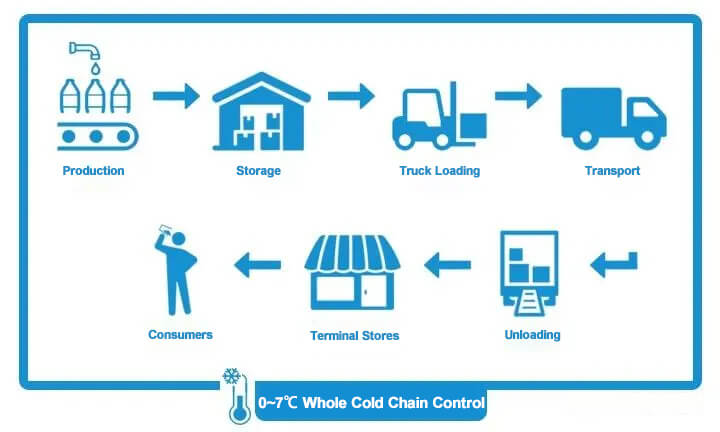vdrsoftwareonline.com – Ethereum (ETH) is a decentralized platform and cryptocurrency that goes beyond just digital currency, enabling the creation of smart contracts and decentralized applications (dApps). Launched in 2015 by Vitalik Buterin, Ethereum has become a crucial platform in the world of decentralized finance (DeFi) and non-fungible tokens (NFTs).
What Makes Ethereum Unique?
Ethereum’s key innovation is smart contracts—self-executing agreements written into code. These contracts run on Ethereum’s blockchain, allowing developers to create decentralized applications that operate without intermediaries.
Ethereum’s native cryptocurrency, Ether (ETH), is used to power the network, pay transaction fees, and compensate validators for securing the blockchain.
Ethereum vs. Bitcoin
While Bitcoin is primarily a digital currency, Ethereum is a platform for running decentralized applications. It allows more complex functionalities through smart contracts. Additionally, Ethereum recently transitioned to a proof-of-stake (PoS) consensus mechanism, making it more energy-efficient compared to Bitcoin’s proof-of-work (PoW) system.
Ethereum 2.0 and the Transition to Proof-of-Stake
The upgrade to Ethereum 2.0 brought significant improvements in scalability, security, and energy efficiency. PoS replaces mining with staking, where validators secure the network by locking up their ETH, reducing energy consumption, and allowing faster transaction processing.
Ethereum’s Role in DeFi and NFTs
Ethereum powers most of the DeFi and NFT ecosystems. In DeFi, platforms like Uniswap and Aave allow users to trade, borrow, and lend without traditional banks. In the NFT space, Ethereum enables the creation and sale of unique digital assets, transforming how artists and creators monetize their work.
Challenges Ahead
Despite its success, Ethereum faces challenges like high gas fees and network congestion. Competing blockchains like Solana and Binance Smart Chain offer lower fees and faster transactions, posing a threat to Ethereum’s dominance.
Conclusion
Ethereum has revolutionized blockchain technology by expanding its use cases beyond digital currency. With its ability to support smart contracts and decentralized applications, Ethereum is at the heart of many innovations in DeFi, NFTs, and more. As it continues to evolve, especially with Ethereum 2.0, it remains a key player in the future of decentralized systems.





